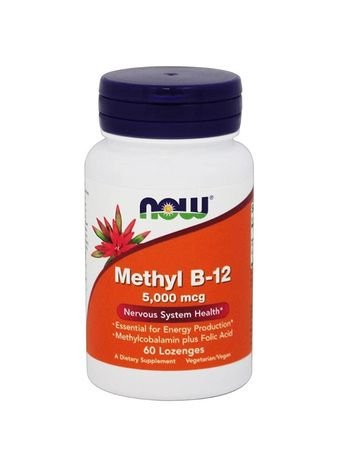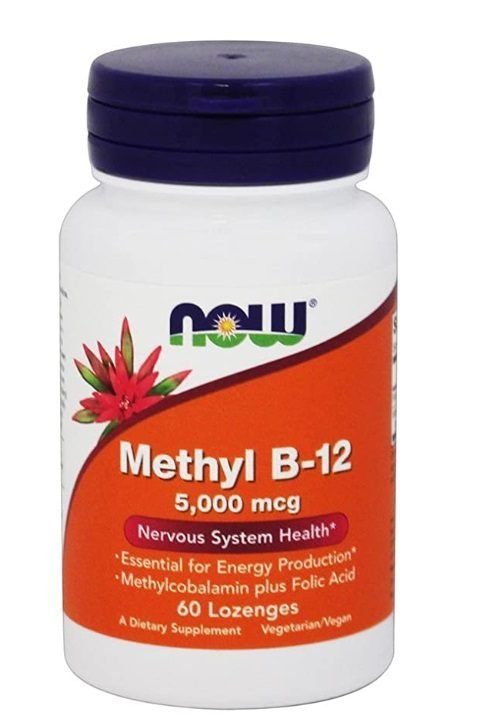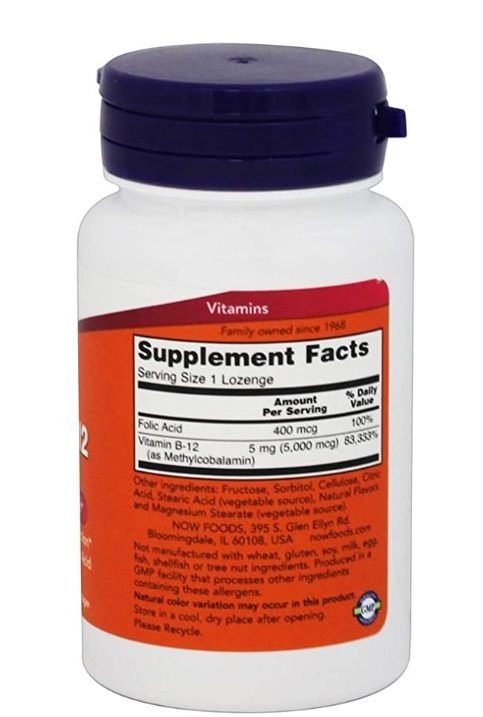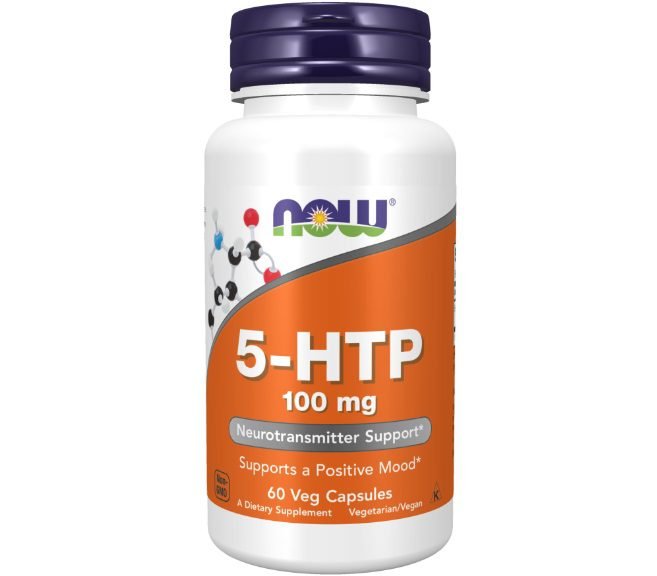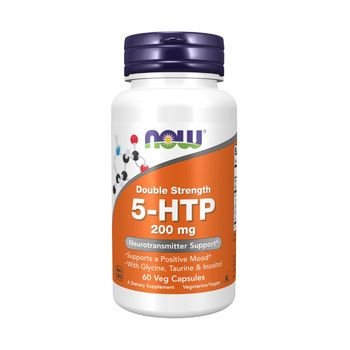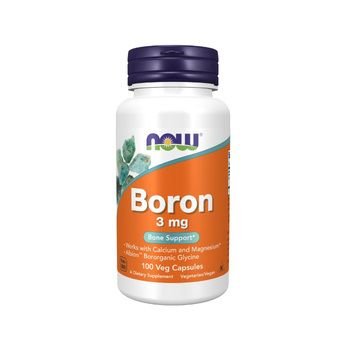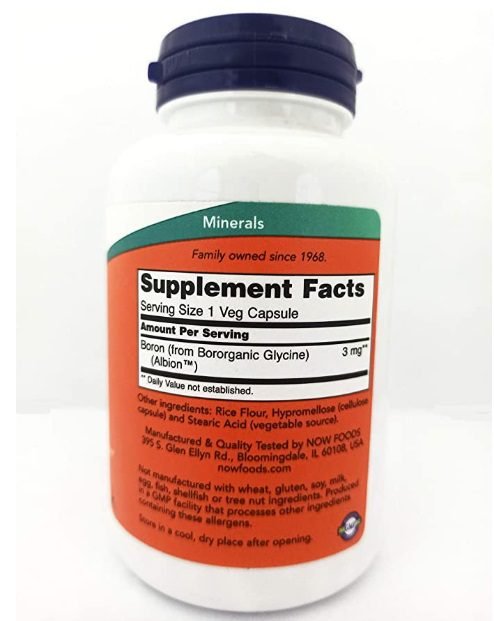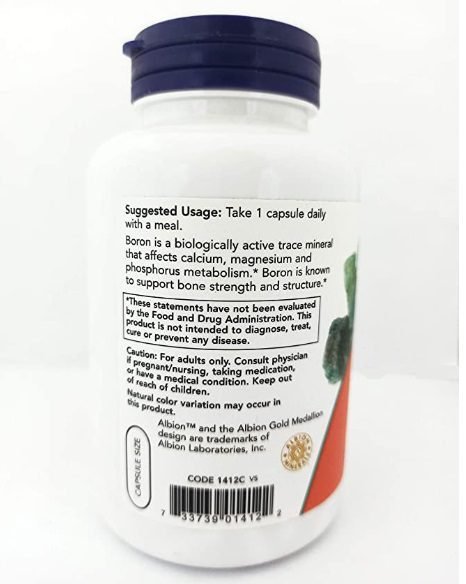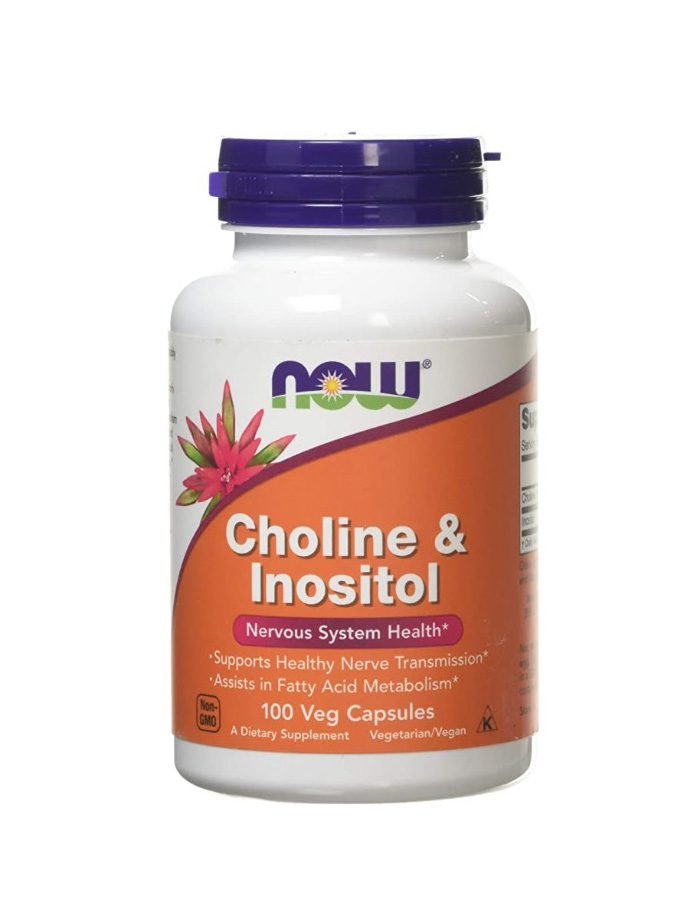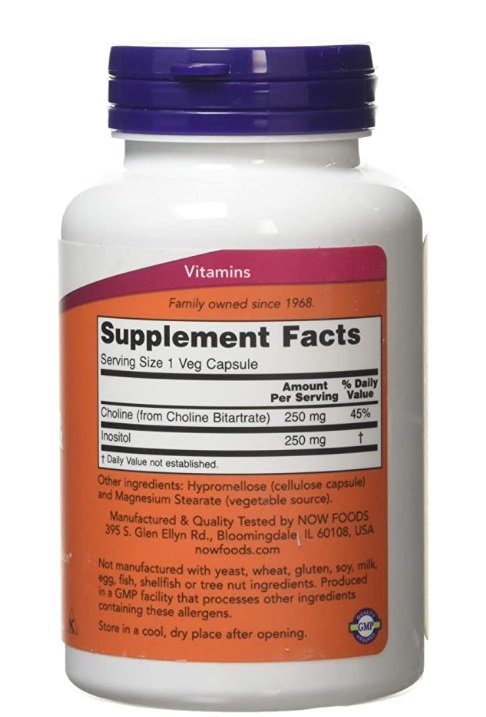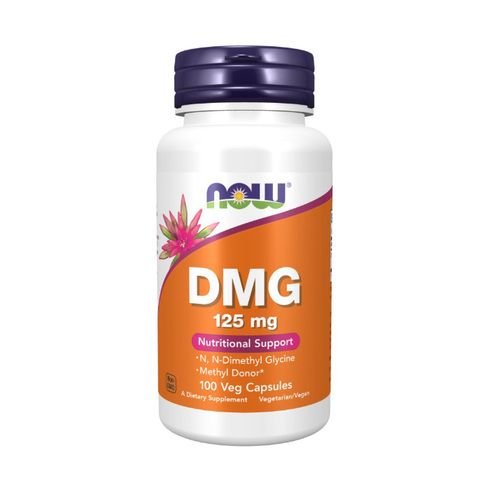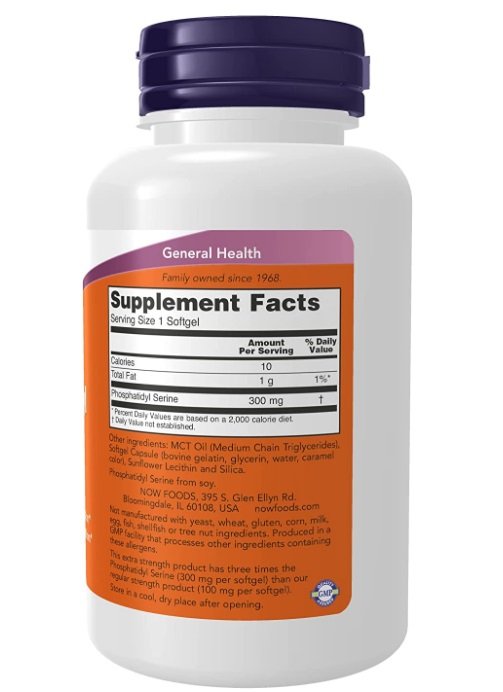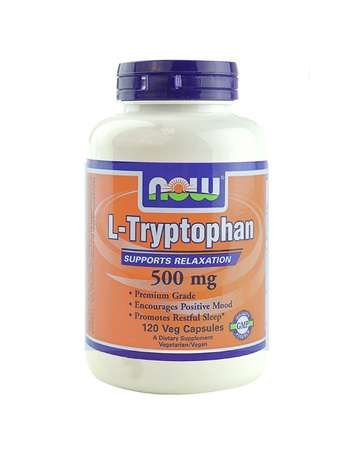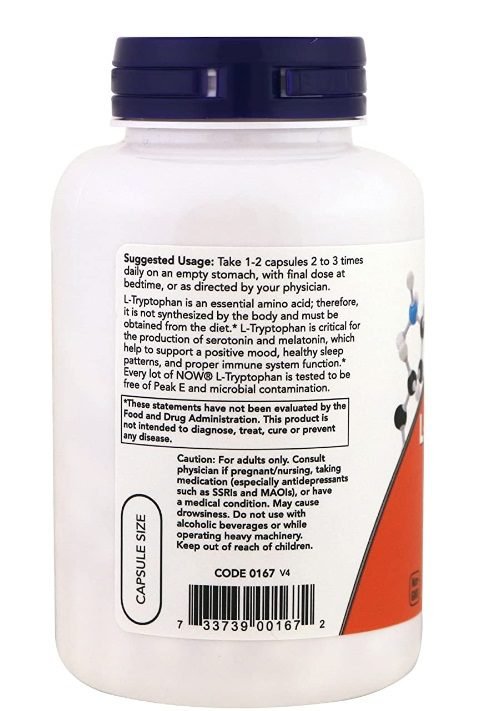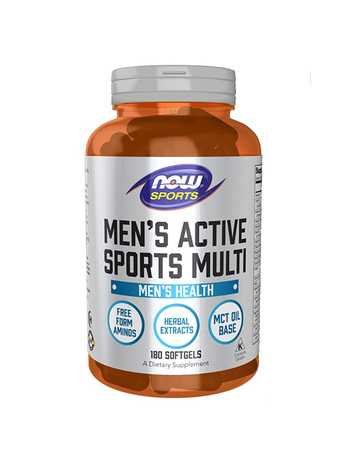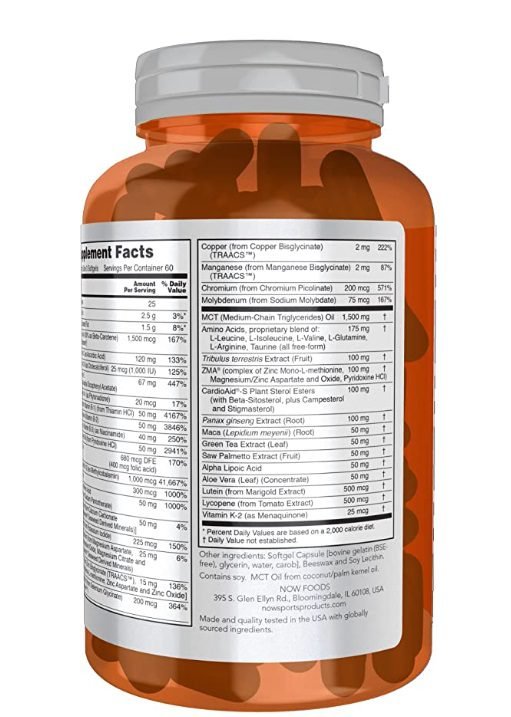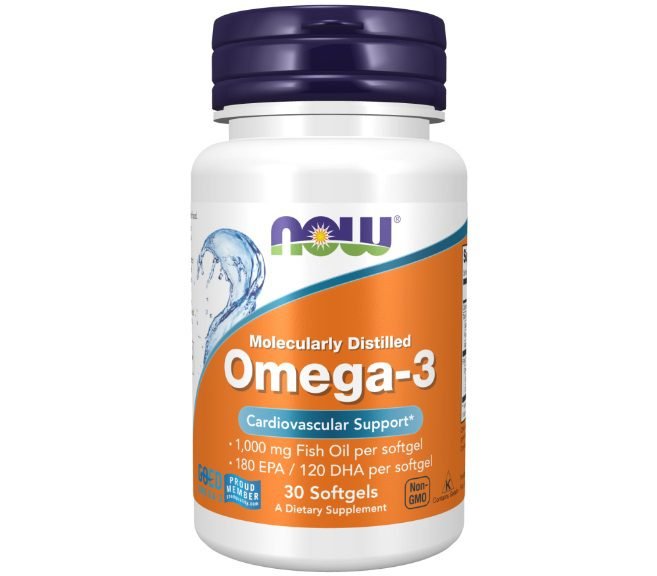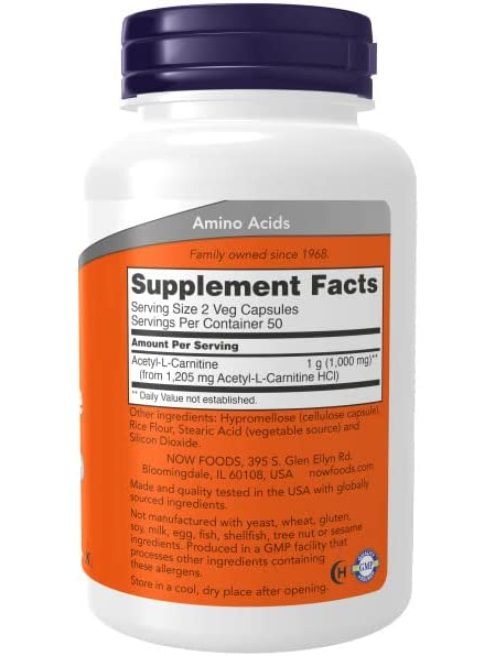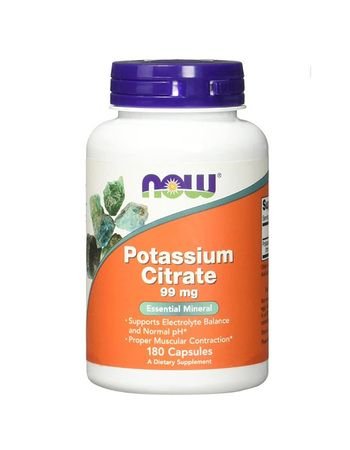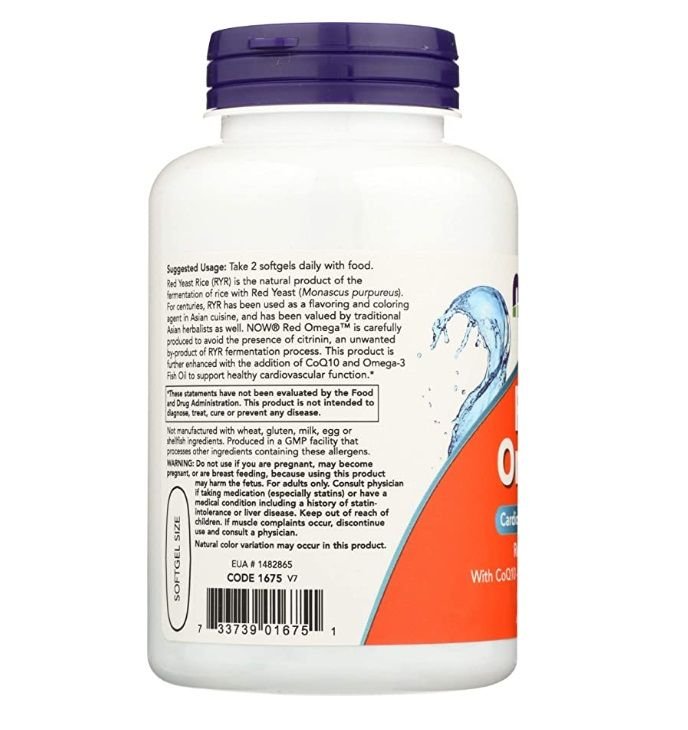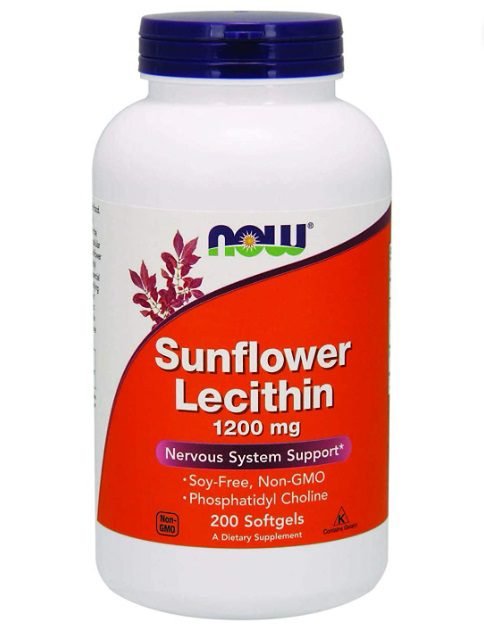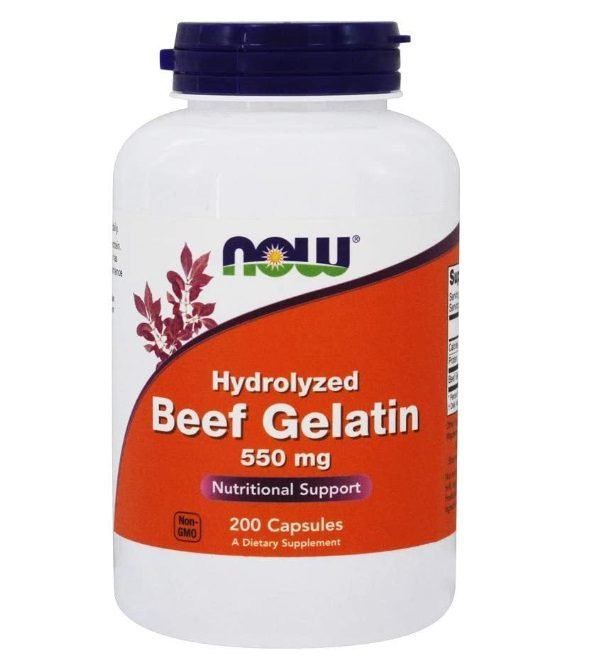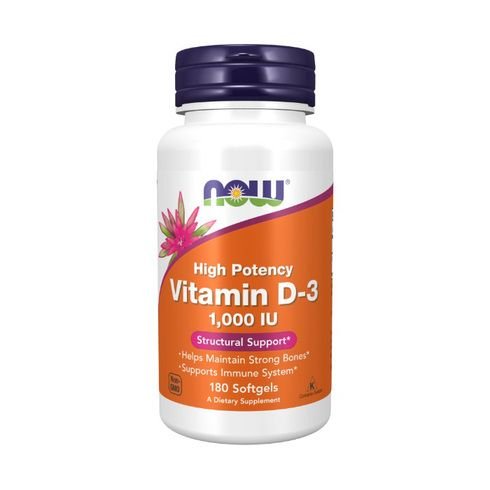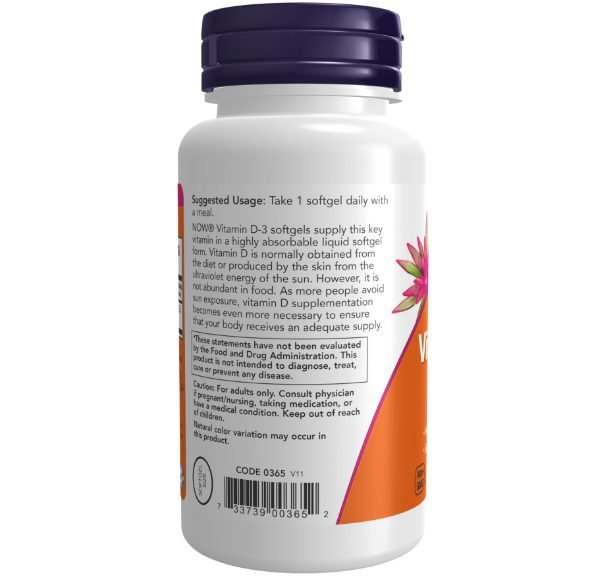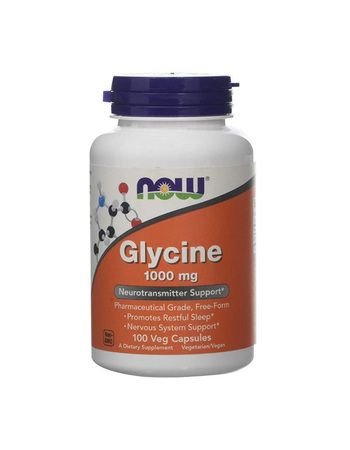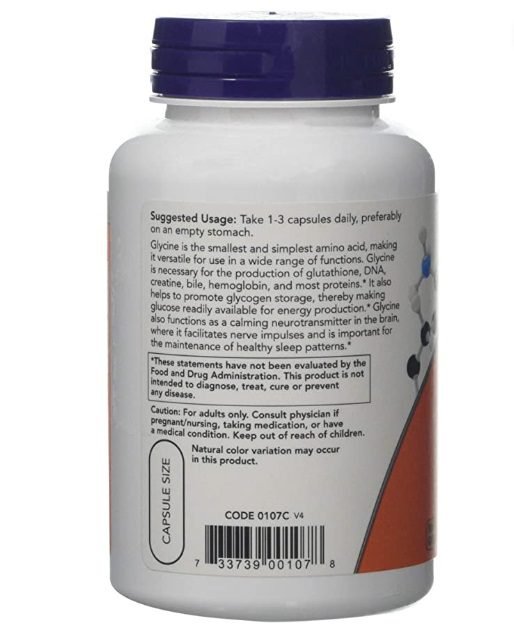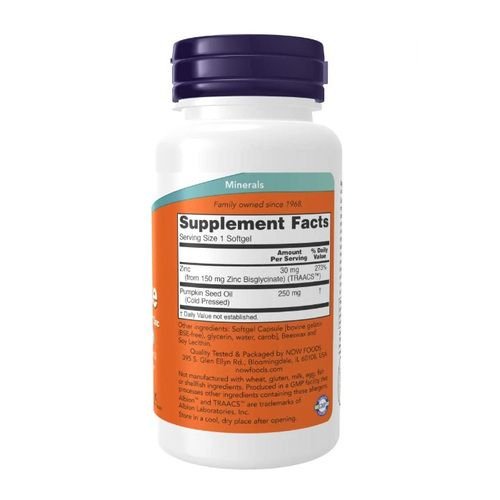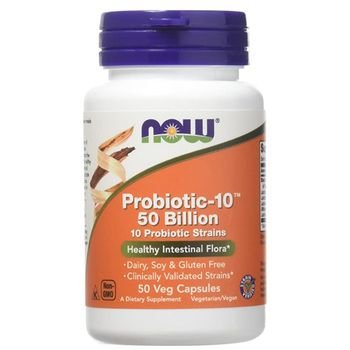
What is Depression? More than 300 Million People Are Affected
According to the estimates of the World Health Organization (WHO), in 2015, more than 300 million people worldwide were affected by depression and anxiety disorders. Another study showed that from 1990 to 2010, the population affected by depression increased by 37.5%
With the improvement of material life, people’s hearts have not become healthier. Many desires and troubles in life, such as economic pressure, disharmony in interpersonal relationships, excessive self-demand or emotional damage, etc., have affected people’s physical and mental health.
People with depression may find that they often feel depressed or sad, but they may not realize that they may have depression. Patients often think that physical discomfort causes various symptoms, so they fail to seek help early, which leads to more serious problems.
It is suggested that the public should pay more attention to their own mental health, constantly examine themselves, and care about the mental state of others. If they find signs of depression, they should receive treatment as soon as possible. This article will introduce the types of depression, as well as the causes, symptoms and treatment methods of depression, to help you detect your own symptoms early and get rid of depression.

What is depression?
From a physiological point of view, depression is a disease that occurs in the brain, because certain chemical substances in the brain are out of balance, affecting the areas of the brain that regulate emotions, including the Amygdala, the Thalamus and the Hippocampus, and then various mental symptoms. But psychological and social factors also affect depression, and there is no way to attribute it to a single cause.
Depression is an inevitable physical adaptation for everyone when they experience setbacks. In life, everyone has encountered sad and painful things more or less, but most people’s depression is relatively mild, and some people have a milder degree of depression. Severe depression that cannot be adjusted and meets the diagnostic criteria for more than 2 weeks can be called depression. At this time, it is necessary to receive treatment so that the condition does not worsen.
8 types of depression
-
- Persistent depressive disorder
Also known as Dysthymia. The patient’s depression is a chronic symptom lasting at least 2 years. - Major Depressive Disorder
Severe depressive symptoms. The patient’s depressive symptoms seriously affected life for more than 2 weeks - Premenstrual Dysphoric Disorder
It is a very severe form of premenstrual syndrome (PMS). It causes a range of emotional and physical symptoms every month during the week or two before your period. It is sometimes referred to as ‘severe PMS’. PMDD occurs during the luteal phase of your menstrual cycle. - Postpartum depression
Severe depressive symptoms that occur during pregnancy or after childbirth. Patients may feel extremely tired, sad, or anxious. - Psychotic depression
The patient has severe depressive symptoms combined with other mental illnesses. - Adjustment Disorders
Depressive symptoms caused by stress. Individuals may experience emotional or behavioral symptoms within three months of encountering the stressor. Once the stressor disappears, the patient usually recovers within six months. - Seasonal affective disorder
It tends to occur in winter when there is less sunshine, and it tends to recur year after year. - Bipolar disorder
It is not a type of depression, but it is included in the discussion because the symptoms are similar to those of major depression when the patient is depressed.
- Persistent depressive disorder
Causes of depression
-
- Genetic inheritance
Studies have pointed out that about 30% of people who are more prone to depression are related to genetic inheritance. - Monoamine hypothesis
Insufficient function of neurotransmitters (such as serotonin and dopamine) in the brain leads to depression. - Stress in life
There are many things in life, such as quarreling with others, financial crisis, unemployment, financial pressure to have a child, loneliness or loss of a loved one, which may cause people to suffer from depression. - Personality
If a person has a pessimistic and paranoid personality, he will often think about things in a bad direction and have no feeling for good things, but he will magnify and worry about bad things. Such a person is also more likely to suffer from depression .
- Genetic inheritance
What are the symptoms of depression?
-
- Physiological symptoms:
-
- Lack of energy and energy, even when not doing anything.
- Insomnia and poor sleep quality, even if you are tired, you can’t fall asleep, and you will be tired if you sleep for a long time.
- Speech and movement slow down.
- Decreased appetite and sudden weight loss.
- Lost “sex” interest.
-
- Psychological symptoms:
-
- No longer having fun with favorite things.
- Disordered thinking, difficulty concentrating, and inability to make decisions.
- Feeling miserable about myself for weeks.
- Negative thoughts recur, feeling worthless, and even suicidal thoughts.
-
- Physiological symptoms:

Four common treatments for depression
There are different types of treatment for depression. In addition to seeking help from a doctor, you can also help yourself in your daily life! Several treatments are described below.
-
- Medical treatment
-
- Tricyclic Antidepressants (TCA)
- Monoamine oxidase inhibitors (referred to as MAOIs)
- Norepinephrine and specific serotonin antidepressant (NaSSa for short)
- Selective serotonin reuptake inhibitor (SSRI)
- Serotonin-norepinephrine reuptake inhibitor (SNRI)
- Norepinephrine-dopamine reuptake inhibitor (NDRI)
-
- Psychotherapy
-
- Cognitive behavioral therapy
- Interpersonal Psychotherapy or Interpersonal Therapy
- Behavior Therapy
- Mindfulness-Based Cognitive Therapy
-
- Physiotherapy
-
- Electroconvulsive therapy (ECT): Electric current is introduced into the scalp as a treatment. Electroconvulsive therapy is now used in the field of psychiatric treatment, not mainstream for emotional diseases such as depression.
-
- Medical treatment
-
- Transcranial Magnetic Stimulation (TMS) is a safe and non-invasive new medical technology. The latest brain neuroscience research has found that the metabolic activity of the brain regions responsible for regulating emotions is significantly reduced in patients with depression. TMS treatment uses magnetic pulses generated by electromagnetic coils to stimulate the relevant areas to achieve the effect of treating depression without any side effects caused by drug treatment.
- Change habits
-
- Schedule activities every day and do what you love.
- Eat a balanced diet that contains B vitamins and avoid foods that contain sugar or caffeine.
- Have a regular sleep time, sleep about 7-8 hours a day.
- Exercising more and keeping a cheerful smile can stimulate the production of serotonin and endorphins, which can help relieve uncomfortable feelings and stress. Walking a few times a week will have good results.
-
In addition, the patient’s family can learn more about the symptoms of depression, detect the condition early and treat it early. Recognize that depression is an illness, not a sign of vulnerability, and offer encouragement as the patient makes progress.
Related Topics
Bad Mood? Wonderful 9 Good Food Against It!
What Constitutes a Mental Disorder?
How Mental Disorders are Treated?
10 Anti-Depression Foods to Get You Happy Again
Depression is Definitely Treatable if Caught Early
Nuts Relieve Depression and Regulate Mood
10 Reasons Why Psychological Counselling
Reference
Overview – Clinical depression
Best Books To Help Depression – Click to Buy
Lost Connection
THE INTERNATIONAL BESTSELLER: A radically new way of thinking about depression and anxiety
‘A book that could actually make us happy’ SIMON AMSTELL
‘This amazing book will change your life’ ELTON JOHN
‘One of the most important texts of recent years’ BRITISH JOURNAL OF GENERAL PRACTICE
‘Brilliant, stimulating, radical’ MATT HAIG
‘The more people read this book, the better off the world will be’ NAOMI KLEIN
‘Wonderful’ HILLARY CLINTON
‘Eye-opening’ GUARDIAN
Feeling Good
National Bestseller – Over five million copies sold worldwide!
From renowned psychiatrist Dr. David D. Burns, the revolutionary volume that popularized Dr. Aaron T. Beck’s cognitive behavioral therapy (CBT) and has helped millions combat feelings of depression and develop greater self-esteem. Anxiety and depression are the most common mental illnesses in the world, affecting 18% of the U.S. population every year. But for many, the path to recovery seems daunting, endless, or completely out of reach. The good news is that anxiety, guilt, pessimism, procrastination, low self-esteem, and other “black holes” of depression can be alleviated. In Feeling Good, eminent psychiatrist, David D. Burns, M.D., outlines the remarkable, scientifically proven techniques that will…
Healing Depression without Medication
What if everything we thought we knew about depression—and how to heal from it—was wrong?
Many antidepressants—the first line in our standard of care for treating depression—bring with them potential health risks, yet 1 in 6 Americans takes medication to alleviate feeling sad, anxious, stuck, or unable to focus or sleep. More and more, conventional medicine pathologizes how we respond to life’s challenges—like feeling trapped in an unfulfilling job, grieving the death of a loved one, or being anxious about a bad relationship—telling us that they’re symptoms of disease.
Psychiatrist Jodie Skillicorn presents a new path, debunking the myth of the neurochemical imbalance and exploring the roots of depression, such as adv…
Supplement For Brain Health
-
Benefit of Alpha-Lipoic Acid
- Scavenge free radicals, prevent skin aging, and improve skin damage
- Reduce and prevent wrinkles, improve skin luster and elasticity
- Improve dark circles and enlarged pores
- Lipoic acid regenerates vitamins C, E, coenzyme Q10 that have lost their antioxidant capacity, and enhances antioxidant levels
- Improve memory decline and promote brain health
- Lipoic acid helps maintain liver health
- Lipoic acid has a protective effect on the retina
- This product may help stabilize blood sugar
- Lipoic acid is extremely important for energy production
- Lipoic acid can regenerate by itself and has a long-lasting effect.
-
1. Promote methyl transfer
2. Promote the development and maturation of red blood cells, keep the body’s hematopoietic function in a normal state, prevent pernicious anemia; maintain the health of the nervous system
3. In the form of coenzyme, it can increase the utilization rate of folic acid and promote the metabolism of carbohydrates, fats and proteins
4. It has the function of activating amino acids and promotes the biosynthesis of nucleic acids, which can promote the synthesis of proteins, which plays an important role in the growth and development of infants and young children.
5. Metabolize fatty acids so that fats, carbohydrates, and proteins are properly used by the body
6. Eliminate irritability, concentrate, enhance memory and balance
7. It is an indispensable vitamin for the healthy functioning of the nervous system and participates in the formation of a lipoprotein in the nervous tissue
-
Benefits of Boron
- Anti-inflammatory effects.
- Help alleviate arthritis.
- Improve brain function.
- Has anticancer effects.
- Boronated compounds used in the treatment of several types of cancer.
- Maintain bone density.
- Accelerate the healing of fractures.
- Relieve rheumatoid arthritis symptoms.
- Adjusting your body’s natural production of testosterone and estradiol, a type of estrogen.
-
1. Improve immune system function.
2. Maintain the function of joint movement.
3. Balance normal blood sugar levels.
4. Rich in antioxidants to absorb harmful free radicals.
5. Helps maintain normal levels of cholesterol.
6. Maintain healthy lung function
7. Improve mental clarity
8. Reduce stress and overcome depression
9. Improve the sexual function and prevent erectile dysfunction.£18.91 -
Benefit of Maca
- It is good for bone health
- Improve Chronic Mountain Sickness
- Improves sperm quality and promotes fertility
- Improve female sexual dysfunction
- Beneficial athletic performance
- Improves erectile dysfunction
- Increases male sexual desire
- Boosts reproductive hormones such as testosterone
- Improves Cognitive Function
- Beneficial for Prostate Fat
Supplement For Mental Health
-
1. Improve immune system function.
2. Maintain the function of joint movement.
3. Balance normal blood sugar levels.
4. Rich in antioxidants to absorb harmful free radicals.
5. Helps maintain normal levels of cholesterol.
6. Maintain healthy lung function
7. Improve mental clarity
8. Reduce stress and overcome depression
9. Improve the sexual function and prevent erectile dysfunction.£18.91 -
Benefit of Now Foods Omega-3, Molecularly Distilled 30 Softgels
- Fight Depression and Anxiety.
- Improve Eye Health
- Promote Brain Health During Pregnancy and Early Life.
- Improve Risk Factors for Heart Disease.
- Reduce Symptoms of ADHD in Children.
- Reduce Symptoms of Metabolic Syndrome.
- Fight Inflammation.
- Fight Autoimmune Diseases.
- Improve Mental Disorders.
- Fight Age-Related Mental Decline and Alzheimer’s Disease.
- May Help Prevent Cancer.
- Reduce Asthma in Children.
- Reduce Fat in Your Liver.
- Improve Bone and Joint Health.
- Alleviate Menstrual Pain.
- May Improve Sleep.
- Good For Your Skin
-
1. Reduce fracture and fall risk
2. good for migraine
3. Beneficial for NAFLD
4. Beneficial for sarcopenia
5. Beneficial for chronic urticaria
6. Benign paroxysmal postural vertigo
7. Beneficial for sleep disorders
8. Beneficial for knee osteoarthritis
9. Beneficial for pneumonia prevention
10. Beneficial for new coronavirus infection
11. Reduce the incidence of preeclampsia
12. beneficial for autism
13. Beneficial for chronic obstructive pulmonary disease
14. Beneficial Cancer Events
15. good for TB
16. Beneficial Helicobacter pylori infection
17. good for gestational diabetes
18. Beneficial for blood lipid regulation
19. Boost male hormones (androgens)
20. Reduced low birth weight and small gestational age births
21. Aids in weight loss (weight loss)
22. prevent cardiovascular disease
23. good for multiple sclerosis
24. Beneficial for asthma improvement
25. Beneficial for major depression
26. Beneficial for Type 2 Diabetes
27. Reduce premature birth rates
28. Beneficial for Polycystic Ovary Syndrome
29. Beneficial for older people’s athletic ability (walking speed)?
30. Improve lower back pain?
31. Beneficial for atopic dermatitis
32. good blood pressure regulation
33. Beneficial for female pattern hair loss
34. Reduce the chance of cognitive impairment
35. Reducing Cold Events: Acute Respiratory Infections
36. Improve breast cancer prognosis and mortality
37. Beneficial Fatigue Phenomenon
38. Beneficial for irritable bowel syndrome
39. Reduce the incidence of schizophrenia
40. Mortality of hospitalized patients
41. Reduces the risk of stridor and asthma in offspring -
Benefit of Acetyl L-Carnitine
- Rejuvenate cell mitochondria and maintain their normal energy production, thus maintaining health
- Is a premium fat burning nutrient with stress management and nervous system protection benefits
- Restore the metabolism of fat and blood sugar to normal, promote better metabolism and brain function
- It has a high protective effect on the circulatory system of hyperglycemia
- Restore brain energy, prevent brain damage and decline, reduce free radicals and fat formation
- Has higher mental energy levels and better concentration
- Can improve the clarity of thinking, more alertness and greater awareness of perception
- It has the effect of reducing neutral fat and bad cholesterol, and can also inhibit the accumulation of liver and myocardial fat
- Helps increase protein muscle mass while reducing “leptin resistance”
- It is especially good at protecting nerve cells and has a very significant effect on nerve regeneration
- Increases production of serotonin and dopamine, making it a true natural antidepressant
- Restorative and energizing to the liver, helps metabolize calories in a more youthful manner
- It easily crosses the blood-brain barrier to support cognitive function, improve memory and learning ability
- It can help the brain memory of the elderly and prevent the decline of memory in the elderly
- Helps to slow down degeneration or even restore brain function after stroke traumatic brain injury
- Helps improve children with autism
- It has a direct anti-aging effect on mitochondria and reverses memory loss
- It is a fat-soluble anti-gasification agent and is highly active in nerves; provides excellent protection from stress and excitotoxic damage
-
- Helps maintain the normal secretion of thyroid hormones.
- Helps maintain normal growth, development, neuromuscular function.
- Regulates cellular oxidation.
- Improves cognitive memory function (under stress)
- Benefits phenylketonuria
- Good for depression
- Benefits schizophrenia
- Improves narcolepsy/narcolepsy
- Can improve human immune function.
- Can prevent cancer and fight cancer.
- Can protect the heart muscle.
- Protects the liver.
- Is an antioxidant.
- Can be involved in the treatment of diabetes.
- Protects and repairs cells.
- Improve vision and prevent eye diseases
Supplement of Nervous System Health
-
1. Promote methyl transfer
2. Promote the development and maturation of red blood cells, keep the body’s hematopoietic function in a normal state, prevent pernicious anemia; maintain the health of the nervous system
3. In the form of coenzyme, it can increase the utilization rate of folic acid and promote the metabolism of carbohydrates, fats and proteins
4. It has the function of activating amino acids and promotes the biosynthesis of nucleic acids, which can promote the synthesis of proteins, which plays an important role in the growth and development of infants and young children.
5. Metabolize fatty acids so that fats, carbohydrates, and proteins are properly used by the body
6. Eliminate irritability, concentrate, enhance memory and balance
7. It is an indispensable vitamin for the healthy functioning of the nervous system and participates in the formation of a lipoprotein in the nervous tissue
-
1. Potassium citrate can help electrolyte and body pH balance,
2. Improve bone health,
3. Enhance muscle contraction,
4. Strengthen heart functionThis medication is a mineral supplement used to treat or prevent low amounts of potassium in the blood. A normal level of potassium in the blood is important. Potassium helps your cells, kidneys, heart, muscles, and nerves work properly. Most people get enough potassium by eating a well-balanced diet. Some conditions that can lower your body’s potassium level include severe prolonged diarrhea and vomiting, hormone problems such as hyperaldosteronism.
-
1. Maintain Heart Health
2. Treat Mental Illness
3. Help Lose Weight
4. Support eye health
5. Relieve rheumatoid arthritis symptoms
6. Maintain skin health
7. Helps baby vision and hand-eye coordination
8. Reduce liver fat
9. Improve symptoms of depression
10. Improve ADHD in children
11.Improve memory in the elderly
12. Improve asthma symptoms and allergy risk
13. Improve bone health -
1. Lecithin benefits ulcerative colitis
2. Lecithin benefits liver failure
3. Lecithin benefits dementia and cognitive impairment
4. Lecithin is beneficial for the development of mentally related diseases
5. Lecithin is good for hypercholesterolemia
6. Lecithin relieves symptoms of menopause in women
7. Lecithin benefits bipolar disorder
8. Lecithin improves blocked mammary ducts
Supplement For Sleep Health
-
Benefit of Beef Gelatin
- Collagen and gelatin contribute to the infrastructure of connective tissue throughout. Regular consumption of these proteins helps repair and care for the intestines, skin, hair, tendons, cartilage, bones and joints.
- Supports joint health, comfort and mobility.
- Supports gut health and digestion due to the role of amino acids in promoting the integrity of the gut lining
- Boost muscle mass
- Reduce hunger
- Supports bone health
- Assist with blood sugar control
- Supports cognitive functions, including memory and learning
- Helps Athletic Performance and Recovery
- Helps maintain healthy, youthful skin
- Promotes healthy hair and strong nails
- Promote quality sleep
-
Benefit of Now Foods Omega-3, Molecularly Distilled 30 Softgels
- Fight Depression and Anxiety.
- Improve Eye Health
- Promote Brain Health During Pregnancy and Early Life.
- Improve Risk Factors for Heart Disease.
- Reduce Symptoms of ADHD in Children.
- Reduce Symptoms of Metabolic Syndrome.
- Fight Inflammation.
- Fight Autoimmune Diseases.
- Improve Mental Disorders.
- Fight Age-Related Mental Decline and Alzheimer’s Disease.
- May Help Prevent Cancer.
- Reduce Asthma in Children.
- Reduce Fat in Your Liver.
- Improve Bone and Joint Health.
- Alleviate Menstrual Pain.
- May Improve Sleep.
- Good For Your Skin
-
Benefit of Vitamin D-3
1. Reduce fracture and fall risk
2. Good for migraine
3. Beneficial for NAFLD
4. Beneficial for sarcopenia
5. Beneficial for chronic urticaria
6. Benign paroxysmal postural vertigo
7. Beneficial for sleep disorders
8. Beneficial for knee osteoarthritis
9. Beneficial for pneumonia prevention
10. Beneficial for new coronavirus infection
11. Reduce the incidence of preeclampsia
12. beneficial for autism
13. Beneficial for chronic obstructive pulmonary disease
14. Beneficial Cancer Events
15. good for TB
16. Beneficial Helicobacter pylori infection
17. good for gestational diabetes
18. Beneficial for blood lipid regulation
19. Boost male hormones (androgens)
20. Reduced low birth weight and small gestational age births
21. Aids in weight loss (weight loss)
22. prevent cardiovascular disease
23. good for multiple sclerosis
24. Beneficial for asthma improvement
25. Beneficial for major depression
26. Beneficial for Type 2 Diabetes
27. Reduce premature birth rates
28. Beneficial for Polycystic Ovary Syndrome
29. Beneficial for older people’s athletic ability (walking speed)?
30. Improve lower back pain?
31. Beneficial for atopic dermatitis
32. good blood pressure regulation
33. Beneficial for female pattern hair loss
34. Reduce the chance of cognitive impairment
35. Reducing Cold Events: Acute Respiratory Infections
36. Improve breast cancer prognosis and mortality
37. Beneficial Fatigue Phenomenon
38. Beneficial for irritable bowel syndrome
39. Reduce the incidence of schizophrenia
40. Mortality of hospitalized patients
41. Reduces the risk of stridor and asthma in offspring£9.00







